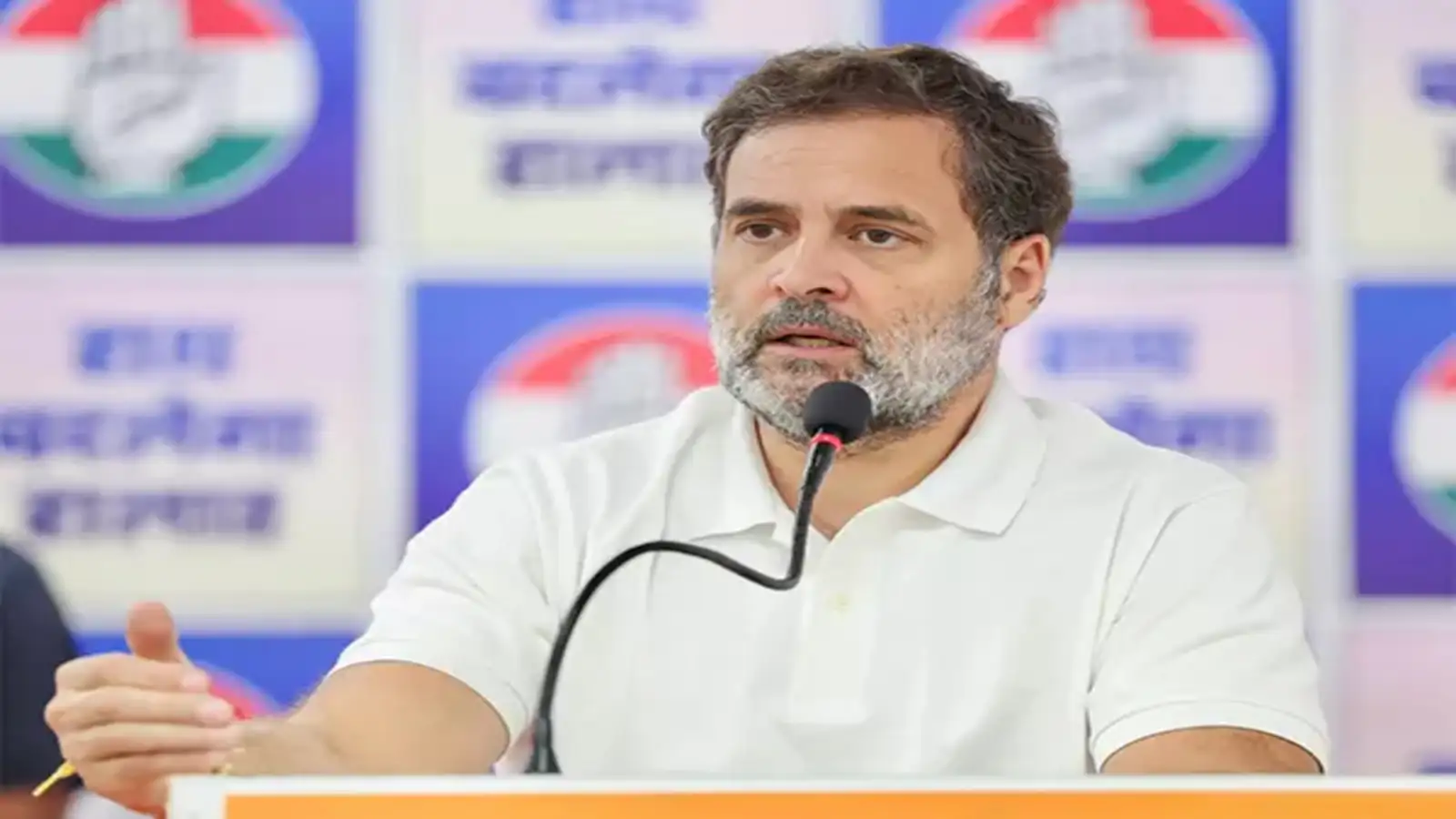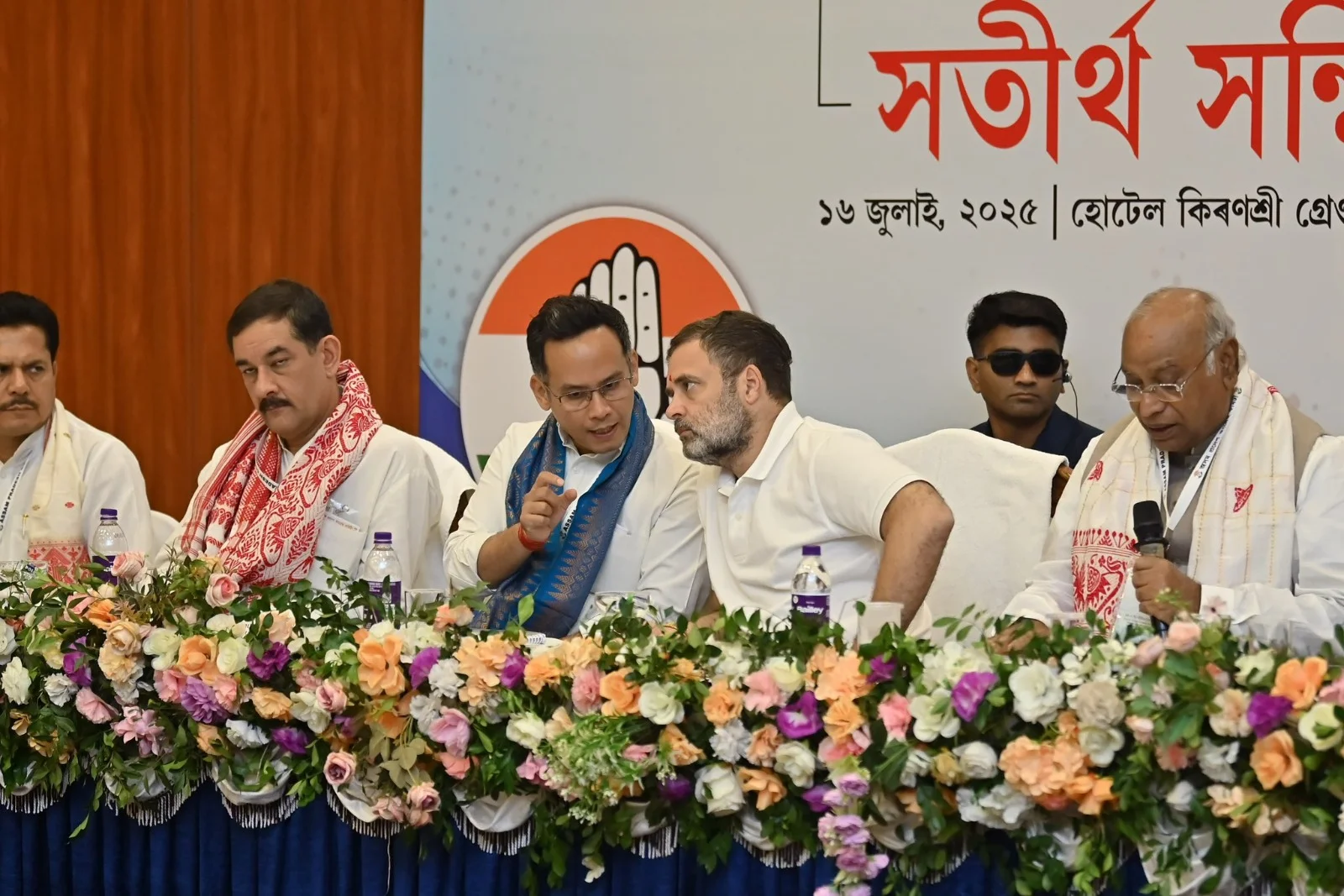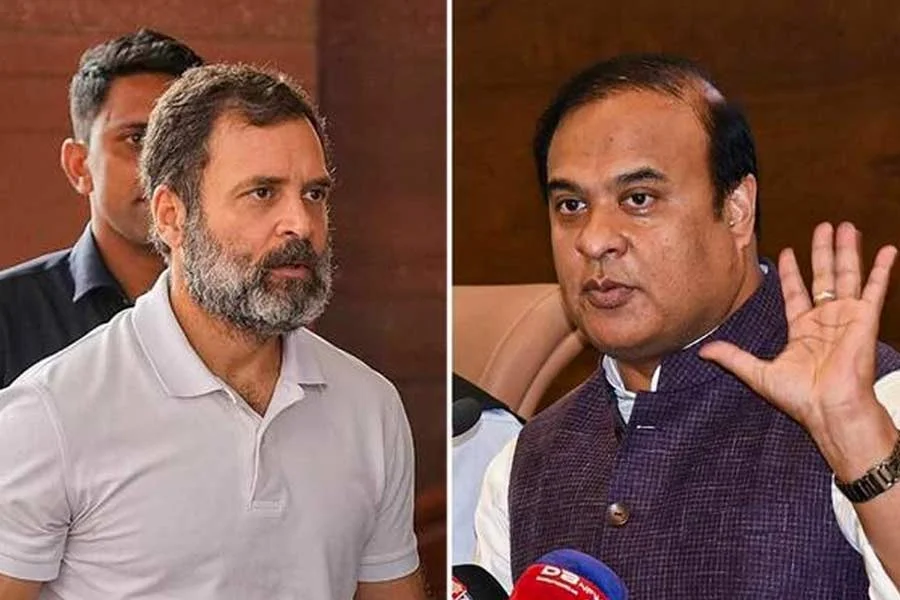In a significant political development, Leader of Opposition in Lok Sabha, Rahul Gandhi, has penned an urgent letter to Prime Minister Narendra Modi, advocating for the swift restoration of full statehood to Jammu and Kashmir and the inclusion of Ladakh under the Sixth Schedule of the Constitution. This assertive appeal, made ahead of the Monsoon Session of Parliament beginning July 21, underscores a critical demand for enhanced regional autonomy and constitutional safeguards.
The Demand for Jammu and Kashmir’s Regional Autonomy
- Restoration of Statehood: Gandhi’s letter emphasizes that the demand for J&K’s full statehood is both “legitimate” and “firmly grounded in their constitutional and democratic rights.” He highlighted that downgrading a full-fledged state to a Union Territory is unprecedented in independent India’s history.
- Government’s Past Pledges: The Congress leader reminded the Prime Minister of his repeated public promises to restore statehood, including statements made in Bhubaneswar in May 2024 and Srinagar in September of the same year. The letter also referenced the government’s assurances before the Supreme Court during Article 370 hearings to reinstate statehood “at the earliest and as soon as possible.”
- Historical Context: In August 2019, the Central Government abrogated Article 370, revoking J&K’s special status and bifurcating the state into two Union Territories: Jammu and Kashmir, and Ladakh. Since then, the people of J&K have consistently called for the restoration of their full statehood.
Safeguarding Ladakh’s Regional Autonomy
- Sixth Schedule Inclusion: Beyond J&K, Gandhi urged the Centre to introduce legislation to include Ladakh under the Sixth Schedule of the Constitution. This measure aims to address the unique cultural, developmental, and political aspirations of Ladakh’s people.
- Protection of Rights and Identity: Inclusion in the Sixth Schedule would be a crucial step towards safeguarding the rights, land, and distinct identity of the Ladakhi population, providing them with greater regional autonomy over their affairs. The Sixth Schedule typically provides for the administration of certain tribal areas as autonomous entities.
- Long-Standing Demands: Organisations in Ladakh have long advocated for such constitutional safeguards, even protesting at various locations to highlight their key demands.
Political Implications for Regional Autonomy
This letter from Rahul Gandhi and Congress President Mallikarjun Kharge signals a concerted effort by the opposition to press the government on promises made regarding the region. The timing, just before the Monsoon Session, ensures that the issues of J&K’s statehood and Ladakh’s constitutional protection will likely be central to parliamentary debates. The Congress has consistently maintained that the restoration of statehood for J&K is a significant part of its electoral promises.
The plea for robust regional autonomy in both regions reflects a broader political discourse on democratic rights, constitutional integrity, and the aspirations of local populations. As Parliament convenes, all eyes will be on how the government addresses these pressing demands, which carry substantial implications for the future administrative and political landscape of Jammu and Kashmir and Ladakh.
Discover more from RastriyaSamachar24x7
Subscribe to get the latest posts sent to your email.




